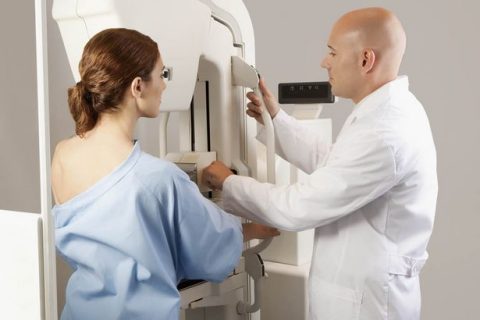There’s lots of evidence that fasting for short periods (no longer than 24 hours) is good for you. If you fast regularly you have less chance of a heart attack, stroke or cancer.
What’s going on here is that fasting gives your body a rest. A rest so that it can do one of its most important jobs: DNA repair and keeping cells young and resistant to disease.
Well, the latest evidence says fasting can do even more favours than that.
For women with breast cancer, fasting overnight (for 13 hours) can lower the risk of their cancer returning by a whopping third.
It comes down to blood sugar control.

Taking only short breaks from food was linked to poor sleep and higher blood sugar levels. The connection is that high blood sugar and bad sleep have both been linked to an increased risk of breast cancer.
And eating late at night, so a shorter overnight fast, causes poor blood sugar control.
This means that not eating overnight could be a simple way of lessening the risk of cancer coming back.
Experiments on mice found prolonged fasting during sleep can protect them against high blood sugar, inflammation and weight gain – all associated with poor cancer outcomes.
The researchers suggested avoiding a late dinner or early breakfast could help stop other cancers returning too.

“Previous research has focused on what to eat for cancer prevention, but when we eat may also matter because it appears to affect metabolic health.”
This study, where participants stopped eating for around 12.5 hours a night, looked at 2,413 women with early breast cancer aged between 27 and 70.
It followed them for an average of 7.3 years, noting breast cancer recurrence, new breast tumours and deaths from breast cancer or any other cause.
Professor Dr Ruth Patterson, a cancer specialist working at Moores Cancer Center, San Diego, said: “If future trials confirm that habitual prolonged nightly fasting improves metabolic health, this would be an important discovery in prevention that could reduce the risk of cancers, Type 2 diabetes, and cardiovascular disease.”

